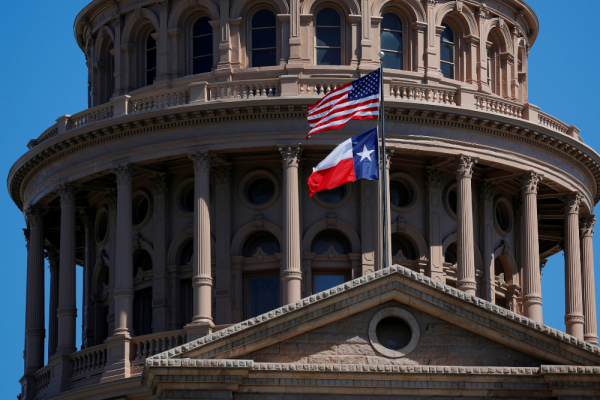Sep 8, 2021
When the Supreme Court last week refused to block a new Texas law — which bans abortion after about six weeks of pregnancy and allows private citizens to sue abortion providers and anyone who “aids or abets” someone getting an abortion after six weeks — faith groups like Texas Right to Life and the Texas Catholic Conference of Bishops applauded.
But Rev. Erika Forbes, a spiritual adviser and one of the plaintiffs in a lawsuit to block S.B. 8, called the law “a direct assault” on the religious liberty of clergy.
Read the Full Article

Already a subscriber? Login
